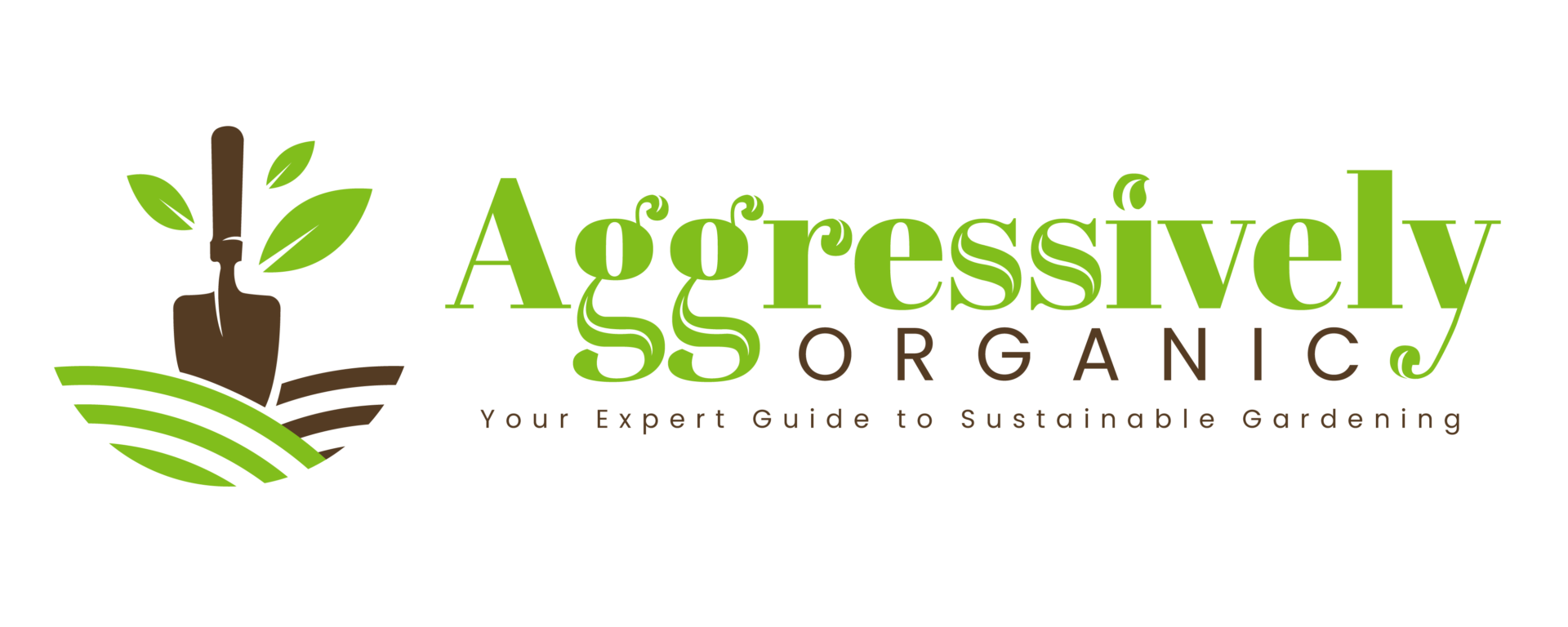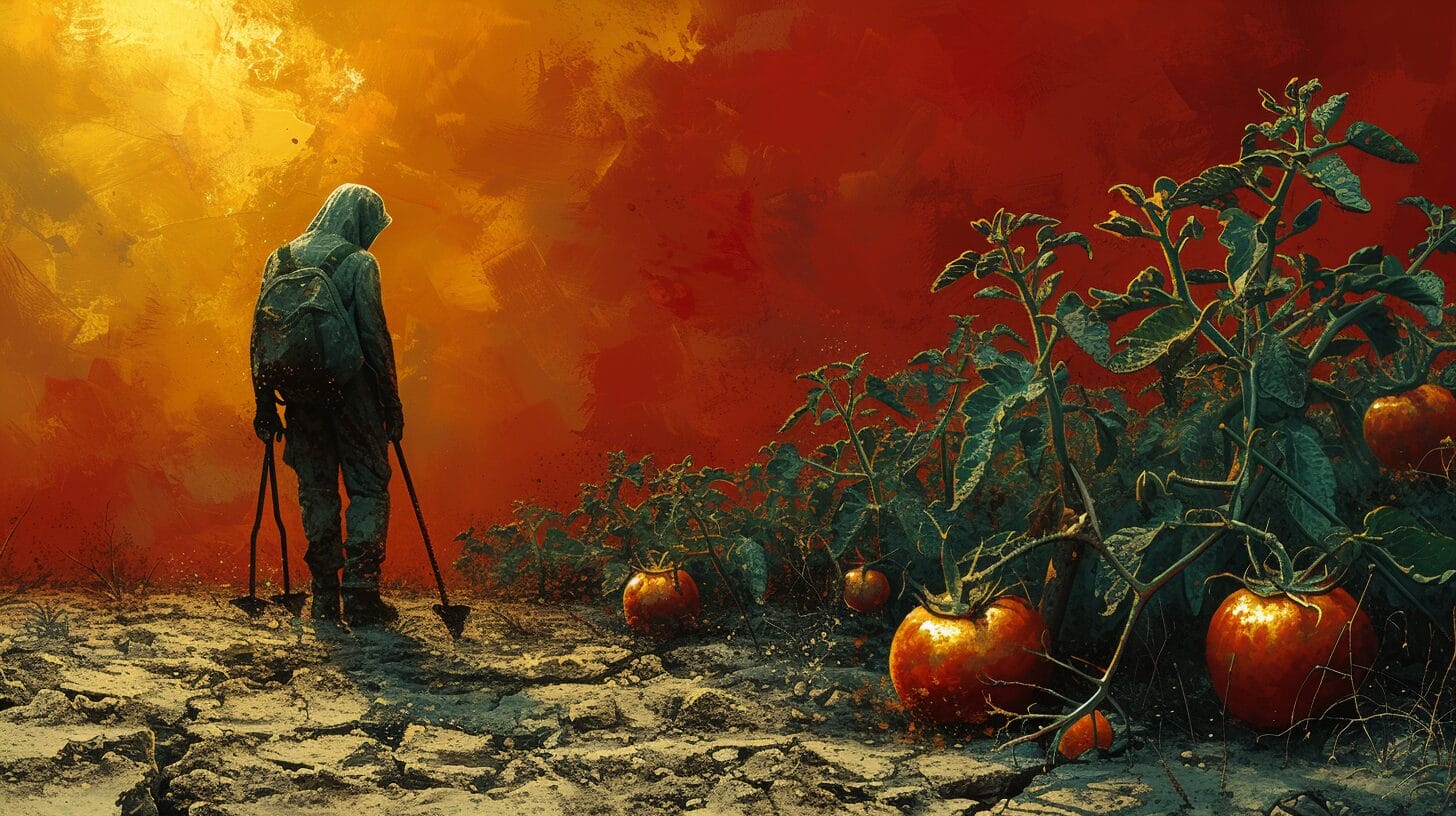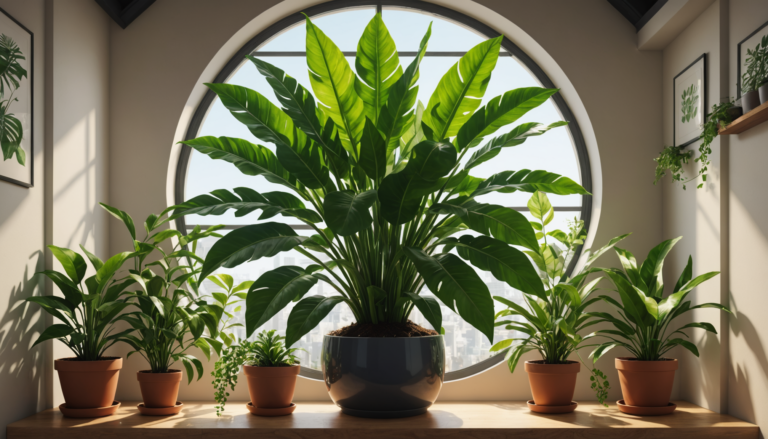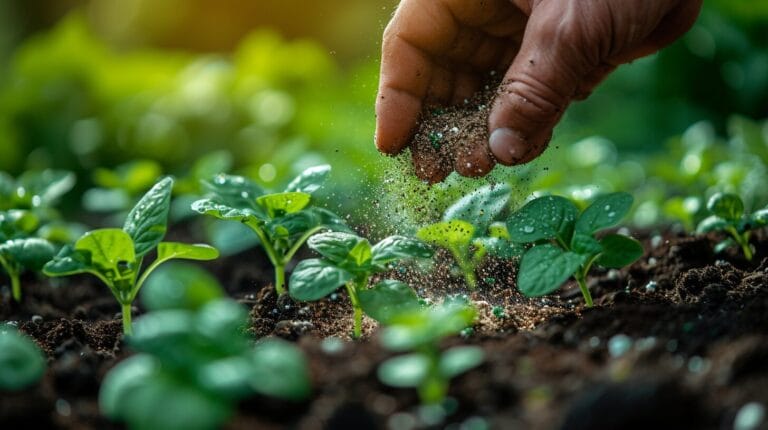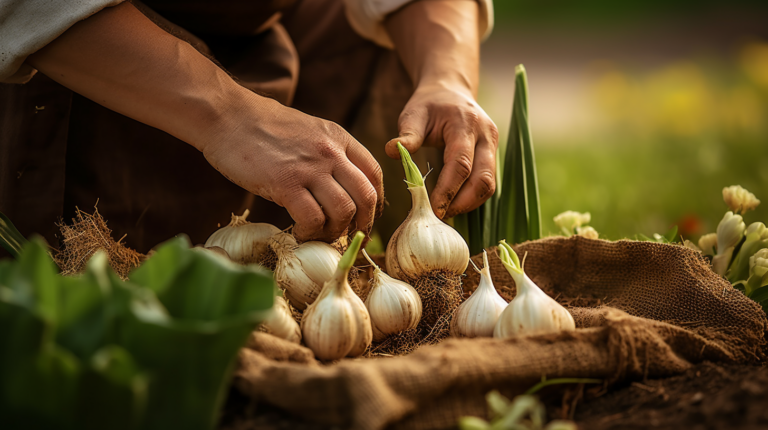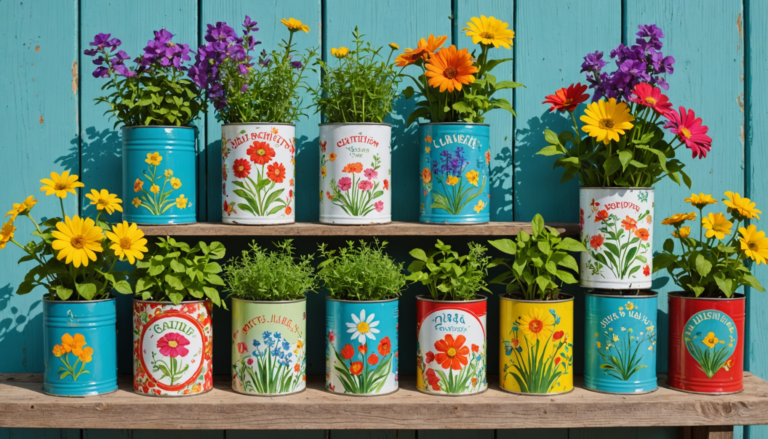Are you struggling with a plant that won’t grow or die? Don’t worry, you’re not the only one. Almost 75% of gardeners encounter this same issue at some time or another.
From poor soil quality to incorrect placement, a multitude of factors can impede the growth of your plants. But fear not, we’re here to shed light on the reasons behind this phenomenon and help you turn those stunted plants into thriving beauties.
Key Takeaways
- Proper watering practices, including finding the right balance and regularly assessing soil moisture, are crucial for preventing stunted plant growth.
- Pest management is important for preventing damage to plants and promoting healthy growth, with organic methods being preferred over chemical methods.
- Fertilizer plays a vital role in providing essential nutrients for optimal plant development, and different plants have varying nutrient requirements.
- Factors such as light requirements, temperature and humidity considerations, and proper placement of houseplants are key to promoting healthy growth and preventing stunted plants.
Assessing Watering Practices for Plant Growth
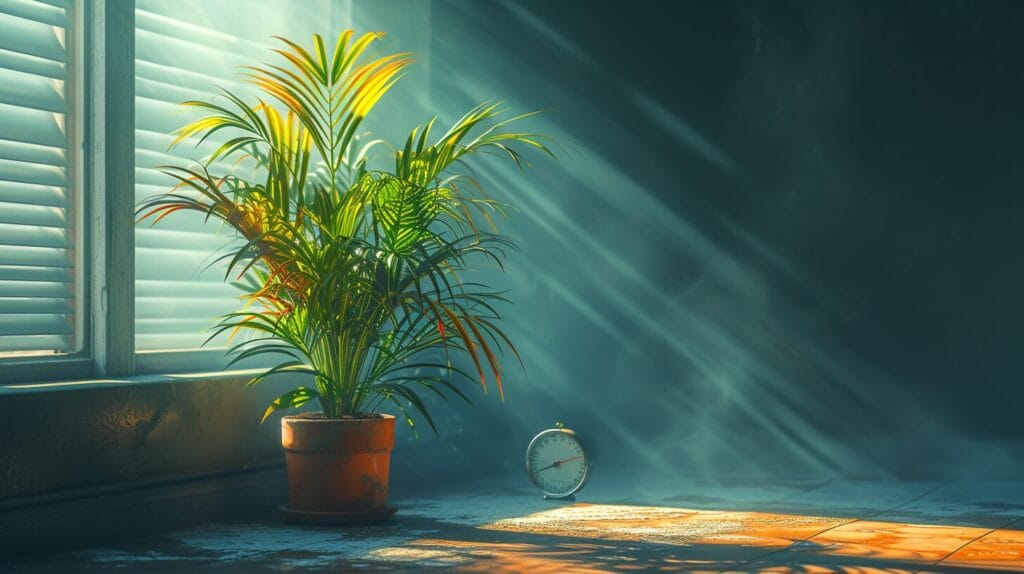
Water is essential for the health and survival of plants, but too much or too little can have detrimental effects. Overwatering occurs when plants receive more water than they need, leading to waterlogged soil and root rot.
Signs of overwatering include yellowing leaves, wilting, and a stagnant growth pattern. On the other hand, underwatering happens when plants don’t receive enough water to sustain their growth. This can result in dry and brittle leaves, wilting, and stunted growth.
To prevent these issues, it’s crucial to find the right balance of water for different plant types and understand the role of drainage and soil moisture. Regular assessments of soil moisture levels and appropriate adjustments to watering can prevent stunted growth.
Proper watering techniques, like watering deeply and infrequently, can help plants develop robust root systems, allowing them to better withstand drought conditions.
Identifying and Managing Pest Issues in Plants
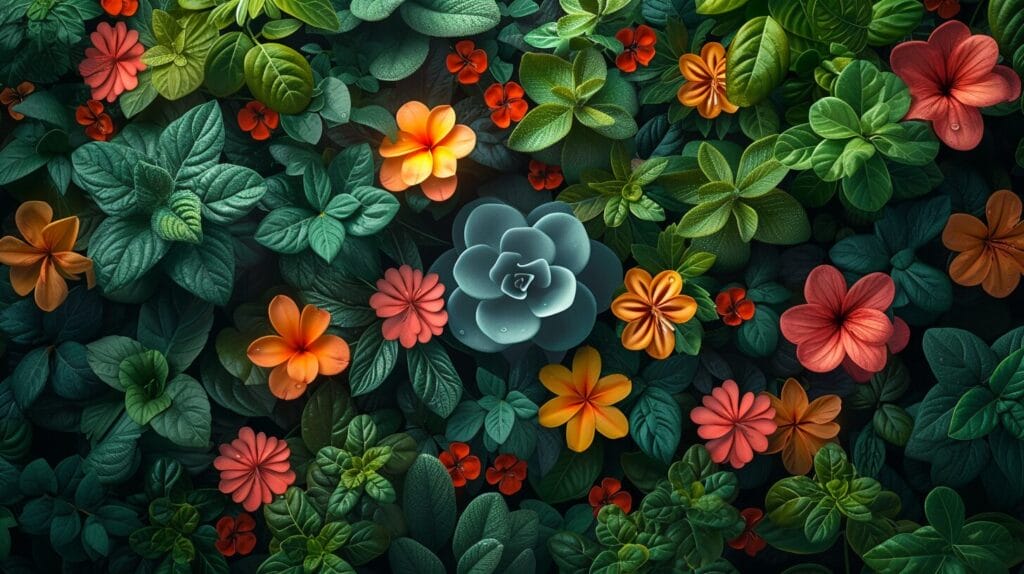
Pests can significantly affect the growth and health of plants, leading to stunted growth and decreased productivity. Here are three key points to consider when managing pest issues:
- Identifying common pests: Familiarize yourself with common pests that can hinder plant growth, such as aphids, caterpillars, snails, slugs, and spider mites.
- Signs of pest infestation: Recognize the signs of pest infestation to address the issue promptly. Look for chewed or discolored leaves, distorted growth, the presence of webs or eggs, and wilting plants.
- Managing and controlling pests: We can manage pests organically or chemically. Organic methods include using natural predators, such as ladybugs or nematodes, or employing homemade remedies like soap sprays or garlic-based solutions.
Understanding the Importance of Fertilizer for Plant Growth
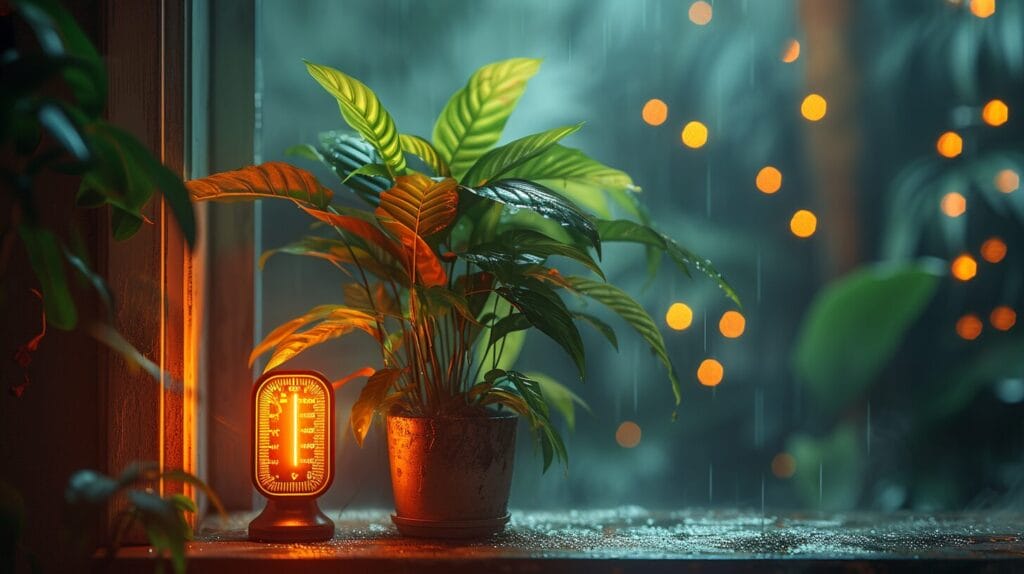
Fertilizer plays a crucial role in promoting healthy plant growth by providing essential nutrients for optimal development. These nutrients can be divided into three main categories: macronutrients (needed in large quantities), micronutrients (required in smaller amounts), and secondary nutrients.
By supplying plants with the necessary nutrients through fertilizers, we can prevent stunted growth and promote healthy development. It’s important to choose the right type of fertilizer based on the specific nutrient requirements of your plants.
Proper timing and application of fertilizers are crucial to ensure that plants receive the nutrients when they need them the most.
Organic fertilizers, such as compost and manure, not only supply nutrients but also improve soil structure and promote beneficial microbial activity.
Exploring Factors Related to Houseplant Health And If They Are Growing Or Dying
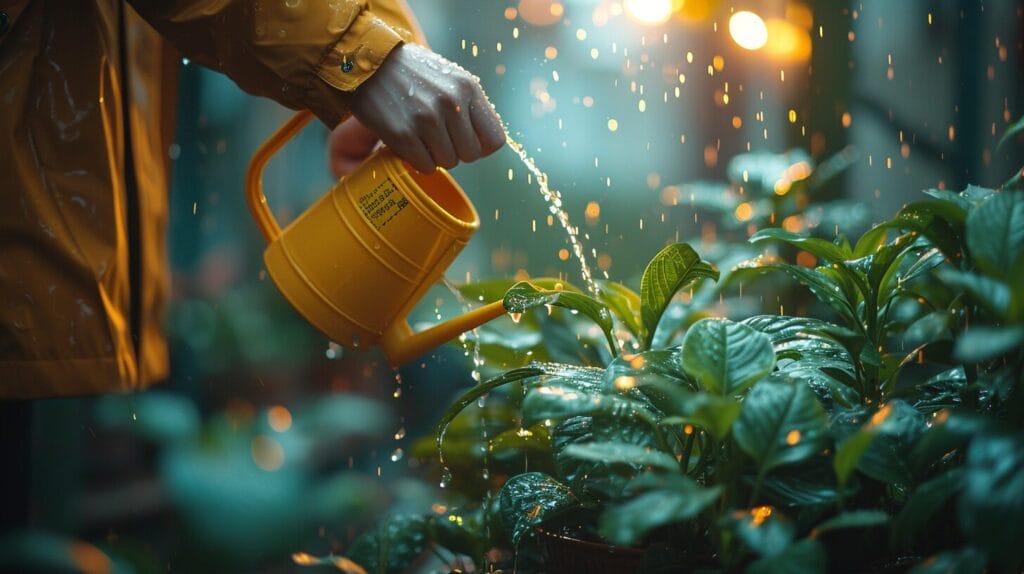
To ensure optimal health for your houseplants, it’s important to understand and consider various factors that can impact their growth and well-being. These factors include light requirements, temperature and humidity considerations, and watering and nutrient supply.
Proper light, temperature, and humidity conditions are crucial for the growth and well-being of houseplants. Moreover, proper watering and nutrient supply are vital for their health. A well-developed root system is also important as a compromised one can affect nutrient uptake and overall plant health.
Troubleshooting Lack of Growth in Indoor Plants
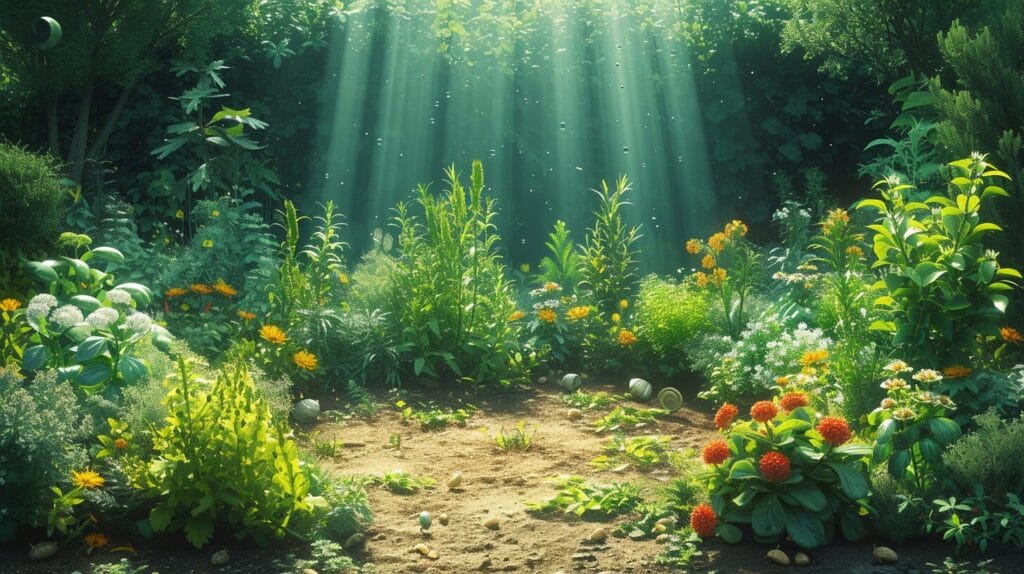
As we troubleshoot the lack of growth in indoor plants, it’s crucial to address common mistakes that hinder their progress.
Overwatering, which can lead to root rot and stunt plant growth, is a common mistake. Another factor to consider is the need for fertilizer. Indoor plants often require regular fertilization to provide them with the necessary nutrients for healthy growth.
If your plants aren’t growing as expected, it may be worth checking if they need a nutrient boost.
Transplant shock is another potential cause of stunted growth in indoor plants. When plants are moved to a new location or potted into a larger container, they can experience stress and show signs of wilting or stunted growth.
If you have tried addressing these common issues and your indoor plants still show no signs of growth, it may be time to seek professional help.
Conclusion
In conclusion, addressing the potential causes of stunted plant growth is key to helping your plants thrive. By assessing watering practices, managing pest issues, understanding the importance of fertilizer, and considering factors related to houseplant health, you can overcome garden woes and promote healthy growth.
Remember, don’t be discouraged by setbacks. Instead, take proactive steps to give your plants the best chance to reach their full potential. Happy gardening!
Frequently Asked Questions
Why are my plant not growing but not dying as they should?
There are several reasons why your plants may not be growing properly, including lack of water, poor soil quality, lack of nutrients, or being in the wrong season.
How do I know if my plants are not getting enough water?
Plants can show signs of stress if they are not getting enough water, such as drooping leaves, wilting, or dry soil. It’s important to check the moisture level in the soil regularly.
What are the common reasons for stunted growth in houseplants?
Houseplants may experience stunted growth due to overwatering, lack of sunlight, poor soil quality, or being root-bound in their current pot.
What are potential signs of nutrient deficiency in plants?
Signs of nutrient deficiency in plants may include yellowing leaves, stunted growth, or poor flowering/fruiting. It’s important to address these deficiencies through proper fertilization and soil amendment.
